Stuck for years owing to political opposition and lack of interest shown by Gujarat, the Maharashtra government has decided to opt out of two river interlinking projects, and go ahead with the projects on its own by raising Rs 10,800 crore from open market. One of the projects will ensure an additional water supply of 895 million meter cube (MMC) to Mumbai to fulfil the city’s water needs till 2060.
The water supply requirement of the city is 4,200 million litres a day (MLD). However, the supply is 3,700 million litres a day (MLD), a shortfall of 500 million litres a day (MLD).
The state government had entered into an agreement with Gujarat in 2010 for inter-linking of rivers, as part of the Central government’s ambitious project that had 30 such plans across the country. One of them was the Damanganga-Pinjal river linking project, which had the plan of bringing 579 MMC in Pinjal dam through a tunnel from Damanganga and adding another 316 MMC from the dam to the city’s water supply, at a project cost of Rs 2,746 crore. In turn, Maharashtra was supposed to release 440 MMC water from Nar-Par projects in the catchment area of the dam in Gujarat.
Another water supply project between the two states – Paar-Tapi-Narmada – was part of the MoU signed to conduct surveys and feasibility nine years ago, with an estimated cost of Rs 10,211 crore. Of the 1,330 million cubic meter water expected through interlinking, 896 million cubic meters and 434 million cubic meters was from Gujarat and Maharashtra, respectively. In exchange, Gujarat was expected to release the same amount of water (434MMC) from Ukai dam in Tapi basin in Maharashtra.
The Centre’s share was 90% of the project cost. Maharashtra had also proposed four other intra-linking projects, with the additional irrigation potential of 747 MMC water to Marathwada and North Maharashtra.
The release of water by Gujarat and Maharashtra, however, led to a political controversy. Gujarat agreeing to release 434 MMC water to Maharashtra was utilised by the Opposition against the BJP government in December 2017, while the Congress-NCP opposed the plan to release 434 MMC water to Gujarat. Similarly, Gujarat opposed the plan to include four intra-linking projects, while signing the tripartite agreement. This delayed the signing of agreement between two states and the Centre for the implementation of the projects, despite Maharashtra submitting its draft to the Centre in September 2017. Rise in water level in Narmada dam and availability of water in the parched area of Gujarat was another reason behind Gujarat losing its interest in agreement between the two states, an official said from the water resources department.
In a meeting convened by chief minister Devendra Fadnavis on Monday, the state decided to implement the projects by raising funds from financial institutions, including Nabard. “The cost of the Damanganga-Pinjal project is Rs 2,746 crore, which will be borne by the Brihanmumbai Municipal Corporation. The other four intra-linking projects will cost Rs 8,140 crore. The CM has directed the water resources department to prepare the proposal and bring it before the state cabinet in the next two weeks. The finance department will finalise the sources of finance to raise funds from,” another official from the water resources department said.


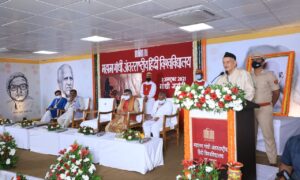

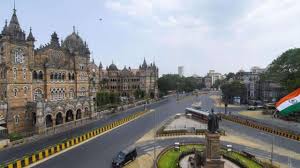

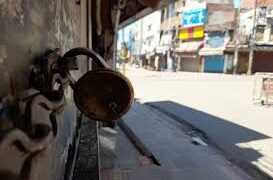



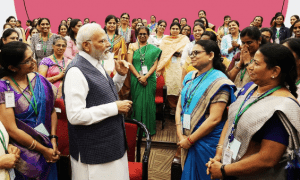



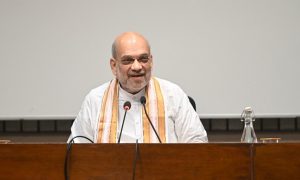

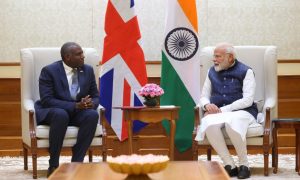



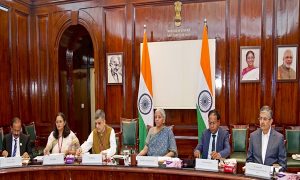

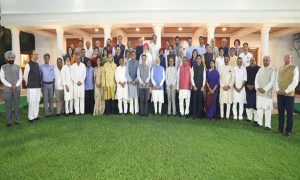



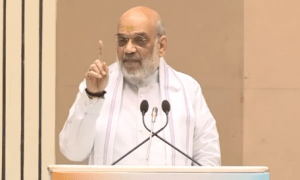

 WhatsApp us
WhatsApp us